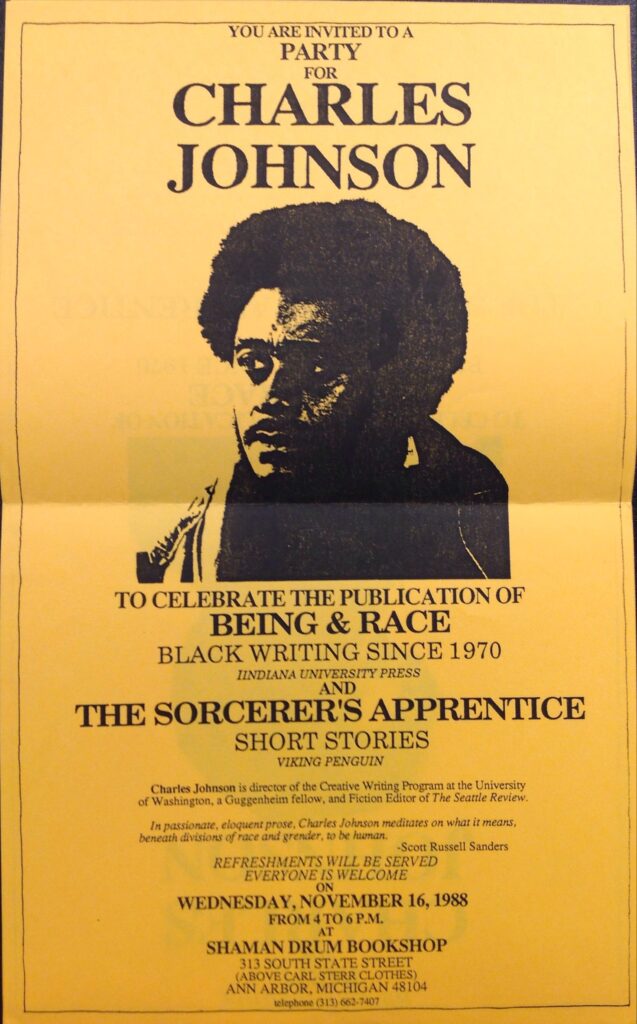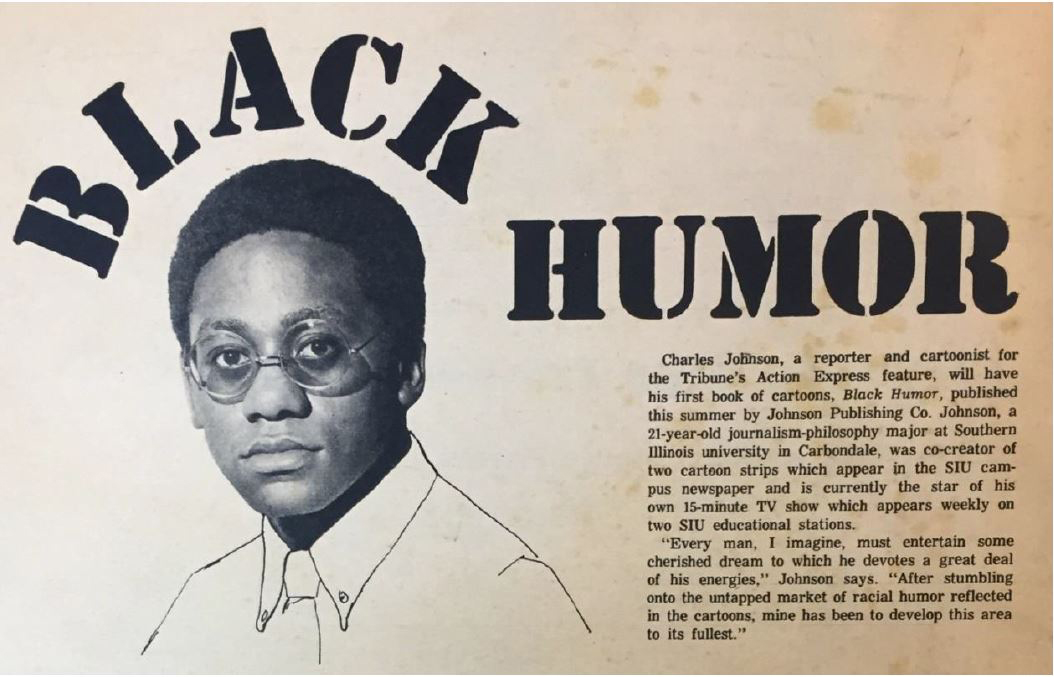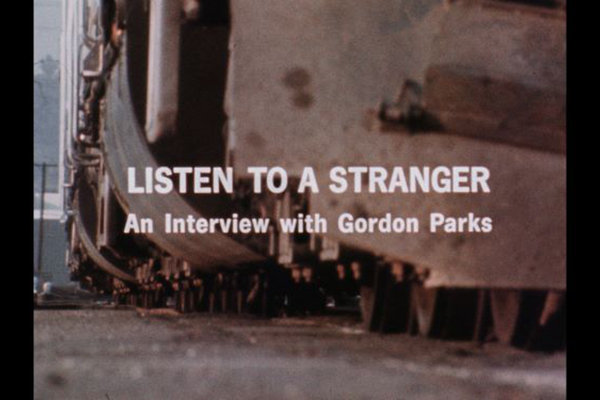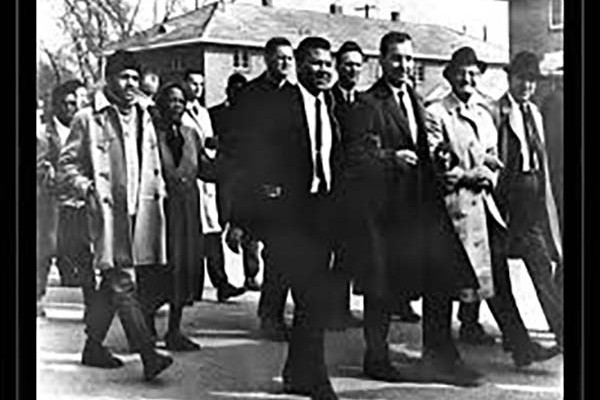University Libraries at Washington University in St. Louis has acquired the papers of Charles Johnson, the acclaimed author, cartoonist and essayist who won the 1990 National Book Award for his novel “Middle Passage.”

Spanning nearly six decades, the archive brings together manuscripts, drafts, correspondence, artwork and ephemera and serves as a testament to Johnson’s wide-ranging career as a Black intellectual.
A native of Evanston, Ill., Johnson got his start as a political cartoonist, producing two cartoon collections, “Black Humor” (1970) and “Half-Past Nation-Time” (1972). He launched the PBS television show “Charlie’s Pad” in 1970 and was awarded a MacArthur fellowship in 1998. In 2002, he received an American Academy of Arts and Letters award for literature. He is professor emeritus at the University of Washington, where he began teaching in 1976.
Johnson is just one of many National Book Award winners with archival materials in the Julian Edison Department of Special Collections at University Libraries. The literary papers of William Gaddis, James Merrill, Howard Nemerov and Mona Van Duyn also are at Washington University.
Visit the University Libraries website to learn more about the acquisition.
Here, Joel Minor, curator of the Modern Literature Collection, shares what’s in the collection and how it will advance scholarship at Washington University.
What will scholars find in the Charles Johnson Papers?
The archive includes some of his original panel drawings as a cartoonist and many drafts from his work as a novelist. He also has made a name for himself as an exceptional essayist and nonfiction writer as well as a successful writer of screenplays and teleplays. So the collection includes a great amount of materials from his work in those genres. He is a very connected writer with many literary friendships to writers such as the late playwright August Wilson, the late novelist John Gardner and others. The collection includes decades of correspondence and, eventually, decades of his daily journals. That’s a lot of literary history in one collection, which is pure gold for researchers of 20th– and 21st-century American literature.
What made this collection one that you, as a curator, wanted to bring to Washington University?
In addition to containing incredible content from an award-winning American writer and illustrator, which made it fit right into our collecting scope, I was drawn to it because the Modern Literature Collection has been long overdue for a major collection from a significant African American writer. Johnson draws in his cartoons and writes in a lot of his fiction and nonfiction about African American perspectives and social issues. He may not call himself a historian, but he writes historical fiction and thinks historically in a way that sheds new light on the present. He also has a PhD in philosophy and is a Zen Buddhist and Sanskrit scholar. It is very appealing to have the collection of someone who writes from such a broad philosophical and spiritual perspective.
Bringing the papers of a living writer here is also an attractive aspect. It is about much more than signing a contract. Ideally a relationship of trust and respect develops before the transaction even happens, which was certainly the case here. From a personal perspective, one great joy of this experience so far has been getting to know Charles Johnson and discussing how we can be active stewards of his life’s work, which is very much still evolving and exploring our contemporary times. He is a pleasure to know personally as well as professionally and artistically.
Will there be opportunities for students and scholars to connect with Johnson?
We hope so. This collection really stood out because we saw a wide appeal not only to the writing and illustration faculty and students, but also to those studying any number of disciplines from American culture studies and American history to African and African American studies. Dr. Johnson has expressed enthusiasm for interacting directly with our students. That is always the goal — to find exciting ways for students and scholars to engage with our collections.
— Julie Hale of University Libraries contributed to this report.



